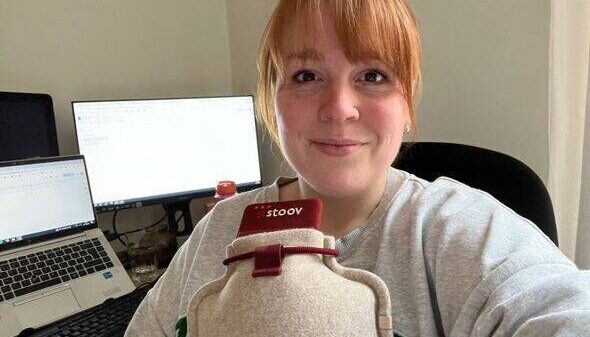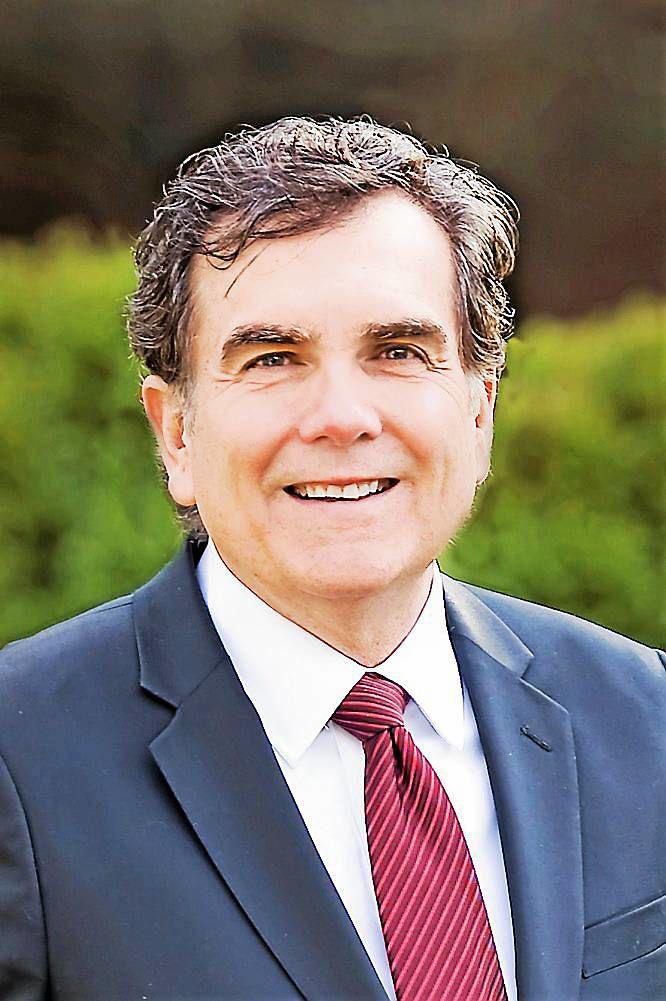UPDATE: Parenting experts are sounding the alarm over a growing crisis: the pervasive culture of “boredom” among children and adults alike. Dr. Randy Cale emphasizes that this issue, which many parents are grappling with daily, is a manufactured illusion that could have serious implications for emotional development.
In a recent conversation, a mother expressed her frustration, stating, “If I hear I’m bored one more time, I’m going to lose it.” This sentiment is echoed by countless parents who feel an overwhelming pressure to entertain their children constantly. The implication? A generation increasingly unable to handle quiet moments.
WHAT’S HAPPENING NOW: Experts are urging parents to reassess their responses to children claiming boredom. Instead of immediately offering distractions or solutions, Dr. Cale suggests a more hands-off approach: “When your child says they’re bored, try responding with, ‘Okay. I’m sure you’ll figure something out,’ and then walk away.” This shift in strategy aims to foster creativity and resilience rather than dependency on external stimulation.
THE IMPACT: The inability to tolerate boredom can lead to a cycle of constant seeking for entertainment, which hampers emotional growth. Children today often turn to screens or structured activities at the first sign of stillness. The real concern, according to Dr. Cale, is that this reliance prevents them from developing essential skills like self-generation of joy and creativity.
THE SOLUTION: Dr. Cale encourages parents to resist the urge to fill every moment. Instead, he advocates for allowing children to experience discomfort and boredom as a pathway to personal growth. “Let your child’s creativity wrestle with the empty space,” he explains. This practice could lead to a generation that embraces stillness rather than fears it.
ADULTS AT RISK: This issue extends beyond childhood. Many adults are also trapped in a cycle of constant distraction, leading to feelings of emptiness despite being busier than ever. “The more we do, the more we chase an experience that will satisfy,” warns Dr. Cale. He suggests that adults also retire the word “bored” from their vocabulary, recognizing it as a hindrance to genuine presence and satisfaction.
NEUROFEEDBACK SOLUTION: For those struggling with an overactive mind, experts at Capital District Neurofeedback offer research-backed, drug-free solutions to help individuals restore their natural rhythm of engagement and stillness.
THE TAKEAWAY: As we navigate this modern parenting crisis, the key lies in embracing discomfort and quiet moments. The hope is to cultivate a generation that is comfortable with silence and capable of finding joy in stillness. Dr. Cale’s message is clear: it’s time to rethink our approach to boredom and prioritize emotional resilience in our children.
Stay tuned as this story develops, and share your thoughts on how you cope with boredom in your family.








































































